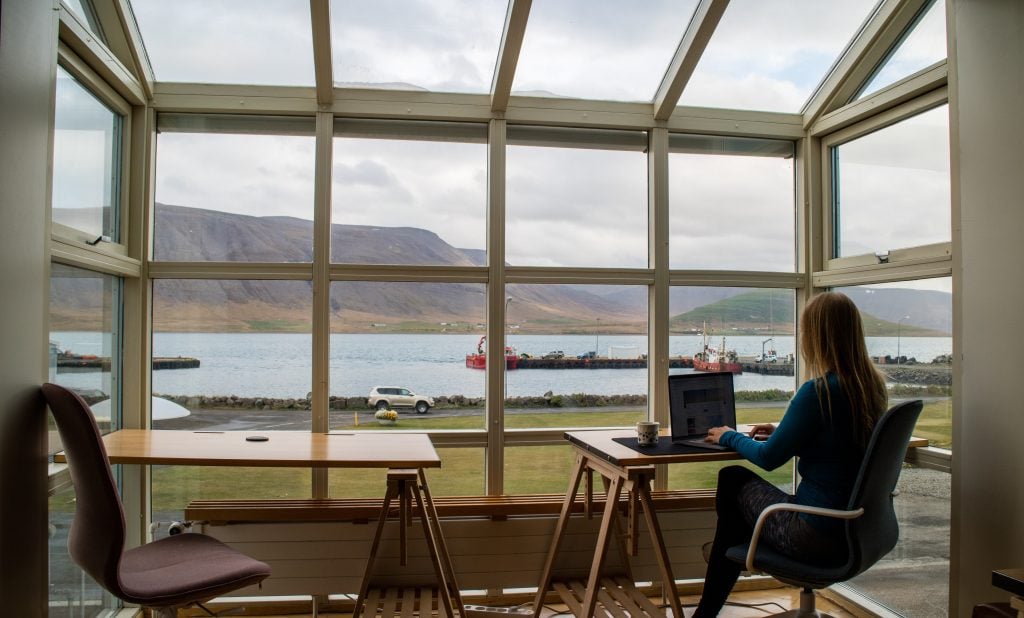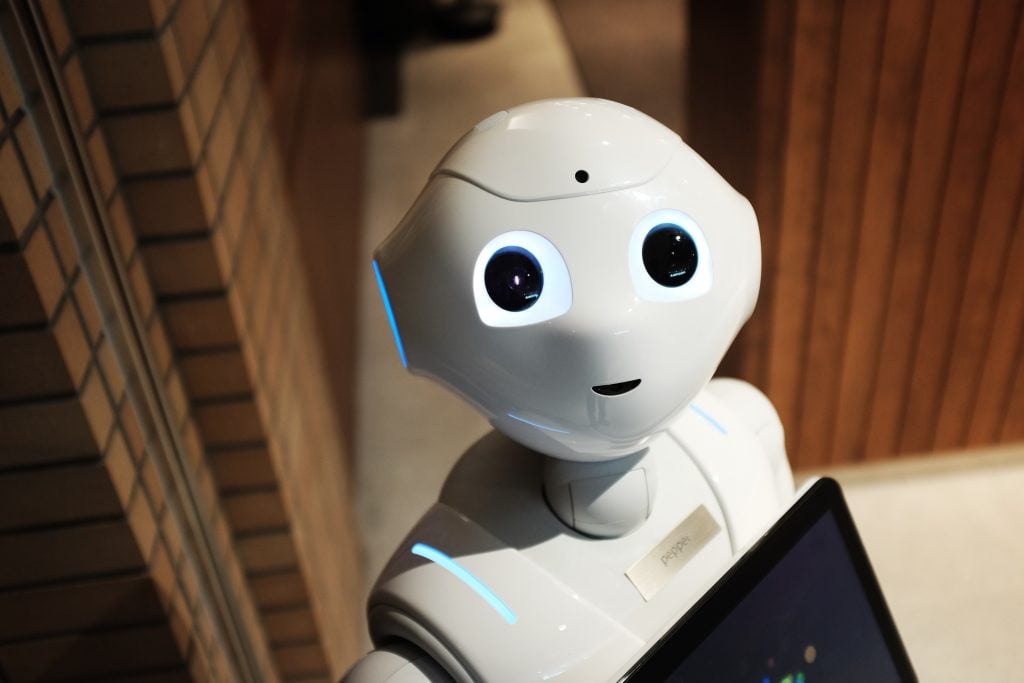How innovative robots, made in Croatia, are changing the underground mining industry
“Don’t send a man to do a machine’s job” is the motto of Croatian engineering […]
“Don’t send a man to do a machine’s job” is the motto of Croatian engineering […]
The manufacturing industry is probably one of the slowest industries to adopt digitalization trends. According […]
How would you feel about having the option to spread your working hours over four […]
In the past years, there have been many hot topics when it comes to jobs, […]
In this new “Women in Tech” series, we will introduce you to talented tech professionals […]
Mentessa, the Munich-based AI platform for workplace collaboration, raised a €1M seed round led by […]
As more companies transition to sustainability practices and business models, driven by a cumulation of […]
Where is the Bulgarian IT sector heading towards? What is the vision for the development […]
The work environment in startups is often glorified in comparison with working for corporations, which […]
Julia has been battling chronic fatigue syndrome for several years now. It’s a disorder causing […]
During the last two years, remote working has been the new normal for most software […]
As the end of the year is approaching, and the winter mood is setting in, […]
In fact, there is no universally accepted understanding of what the future of work will be like. As a concept, the future of work describes the shifts in the way people will work over the next decade, influenced by technological, social, and generational changes.
Times, technologies, and demographics are changing so fast, that the predictions made today, may already be obsolete tomorrow.
Then what impact do these dynamics have on the business models of modern organizations? How do remote working, online collaboration, and digital transformation transform the workforce? What does the future workplace look like today? And what will be the employment opportunities 10 years from now?
Globally, around 40% of the working population is worried about artificial intelligence putting their jobs at risk in the future. While almost 80% are ready to learn new skills or re-train to remain relevant in the future workforce.
In Europe, disparities between clusters are widening and 48 hubs generate more than one-third of the job growth in the continent. Among them are the cities of Amsterdam, Copenhagen, and London. While Eastern Europe is a region with a declining workforce and comparatively lower educational attainment.

To help SEE companies reverse the trend and become one of the dynamic hubs in Europe. The region is already considered an emerging talent hub, and with the right tools and mindset, it can be a step ahead in the future of work game.
We want to present the insights, expert opinions, and actionable advice that companies and talent need to adopt an agile mindset, build a strong company culture, and set themselves up for success in any scenario.
From agile transformation and remote-first company culture to leadership styles of the future and future work models, our goal is to dive deep into all of the key Future of Work topics. These also include remote collaboration, startup company culture, approaches for attracting and retaining talent, and work automation.

The Recursive authors who are focused on the topic – Elena Vrabie and Bojan Stojkovski, constantly talk with regional experts in human resources and organizational psychology, as well as with workers of remote-first companies to present the most accurate picture of the current state of work in CEE.
Find out more success stories of companies that are building future of work solutions or which are excelling at building future organizational models. Meet the faces behind companies such as DRUID AI, Robotiq.ai, Motion Software, and LucidLink.
Subscribe to The Recursive newsletter to get the newest Future of Work insights in your mailbox.